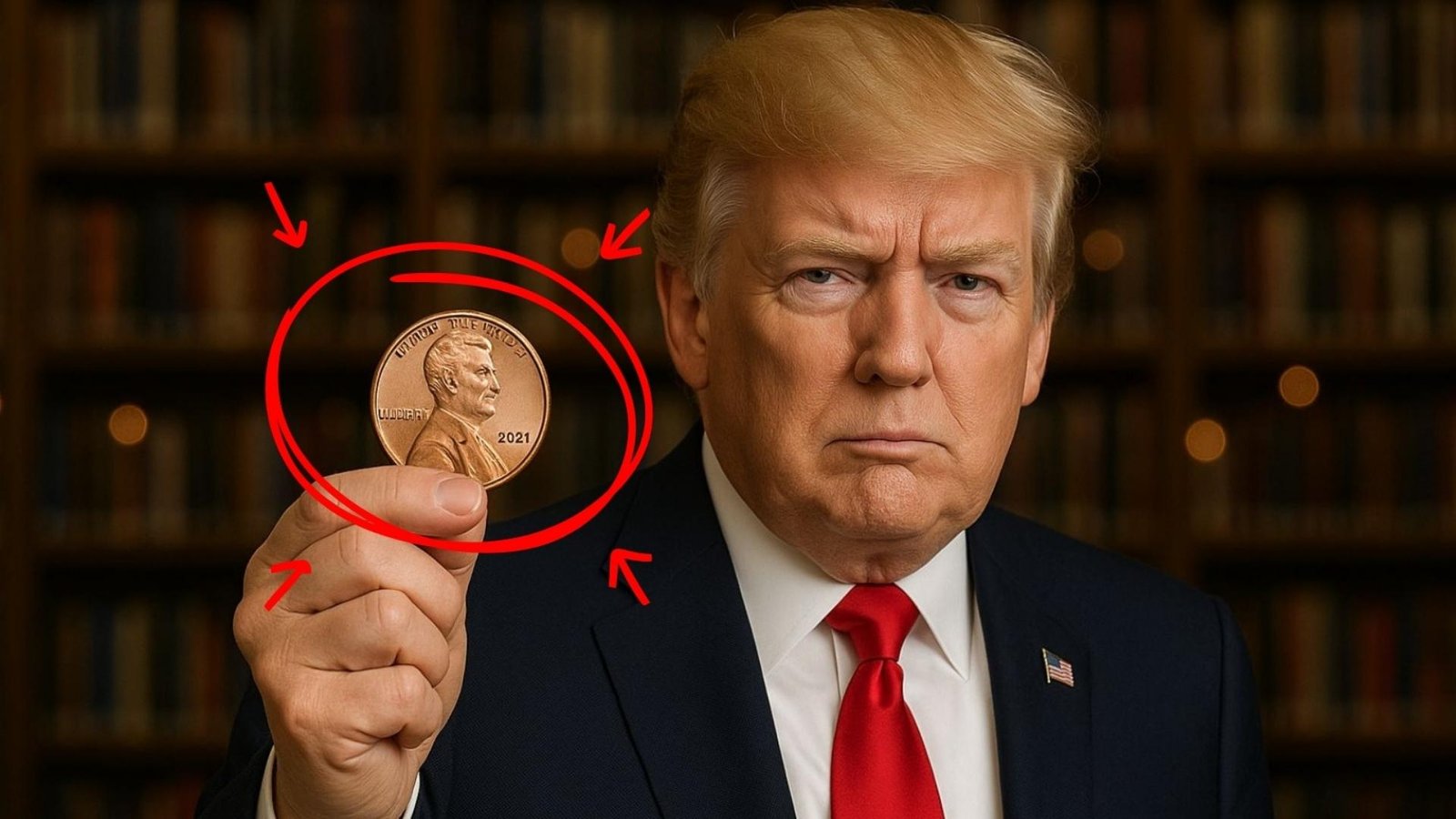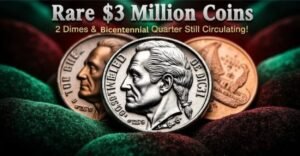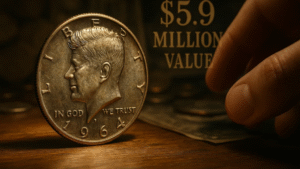What if a simple penny jingling in your pocket was worth more than a luxury car or even a mansion? That’s not a fantasy — it’s the reality behind one Lincoln Wheat Penny that shocked collectors when it sold for $5.25 million. This humble coin hides a mystery that might just be sitting in your change jar right now.
What Is the $5.25 Million Lincoln Wheat Penny?
The Lincoln Wheat Penny, minted between 1909 and 1958, is one of America’s most iconic coins. But among the billions struck, a few rare varieties stand out. One of them, the 1943 Bronze Lincoln Wheat Penny, became legendary for its extraordinary value and fascinating backstory. It’s the exact penny that fetched $5.25 million at auction, stunning collectors worldwide.
A Surprising Origin Story
During World War II, copper was needed for ammunition, so the US Mint switched to zinc-coated steel for pennies in 1943. However, a few bronze planchets — leftover from 1942 — accidentally entered the presses. These error coins were struck and released into circulation unnoticed. Years later, collectors discovered them, and their rarity made them one of the most sought-after coins in US history.
Why Is It So Valuable?
The 1943 Bronze Wheat Penny is valuable for several reasons:
- Rarity: Only a handful exist — around 10–15 known examples.
- Historical Error: Struck during wartime, symbolizing a unique minting mistake.
- Collector Demand: Every serious numismatist dreams of owning one.
- Condition: Higher-grade examples can skyrocket in value, like the MS-63 specimen that sold for $5.25 million.
Its mix of history, rarity, and collector frenzy makes it a coin worth a fortune.
Could You Have One in Your Pocket?
It’s unlikely but not impossible. Many 1943 pennies are made of steel, but if yours sticks to a magnet, it’s not the valuable one. However, if it doesn’t stick and appears bronze-colored, you might have struck gold — or rather, copper. Always verify with a professional coin grader before jumping to conclusions.
Table 1: How to Identify the 1943 Bronze Wheat Penny
| Feature | Bronze 1943 Penny (Valuable) | Steel 1943 Penny (Common) |
|---|---|---|
| Color | Reddish-brown (Copper) | Silver-gray (Steel) |
| Magnet Test | Non-magnetic | Magnetic |
| Weight | 3.11 grams | 2.7 grams |
| Estimated Value | $100,000 – $5.25 million | 5–10 cents |
Other Valuable Lincoln Wheat Pennies
Not all Wheat Pennies are worth millions, but some still fetch impressive prices.
| Year | Variety | Approx. Value | Key Feature |
|---|---|---|---|
| 1909-S VDB | San Francisco Mint | $1,500+ | Designer initials “VDB” |
| 1914-D | Denver Mint | $1,000+ | Low mintage |
| 1922 No D | No mintmark | $500+ | Missing “D” due to die wear |
| 1955 Doubled Die | Philadelphia | $2,000+ | Doubled lettering |
Expert Tips to Spot Rare Pennies
- Use a Magnet: The quickest test to separate steel from bronze.
- Check the Date: Look for 1943, 1955, 1909-S VDB, or 1914-D.
- Inspect with a Loupe: Errors like doubled dies or missing mintmarks matter.
- Get Certification: Have valuable finds graded by PCGS or NGC for authenticity.
- Store Properly: Protect coins in airtight holders to preserve condition and value.
Frequently Asked Questions
Q: How many 1943 Bronze Wheat Pennies exist?
A: Fewer than 15 confirmed examples are known, making it one of the rarest Lincoln cents.
Q: Where was the $5.25 million penny sold?
A: It was sold through a private sale in 2021, breaking records for a US one-cent coin.
Q: Can I sell my old Wheat Pennies?
A: Absolutely! Even common dates can fetch small premiums, and key dates can be valuable.
The Mystery in Your Pocket
The story of the Lincoln Wheat Penny worth $5.25 million proves that everyday change can hide extraordinary treasures. Whether it’s a forgotten jar of coins or a lucky penny found in circulation, every collector’s dream starts with curiosity. Take a moment to check your pockets — because one small bronze penny could hold a millionaire’s secret.




